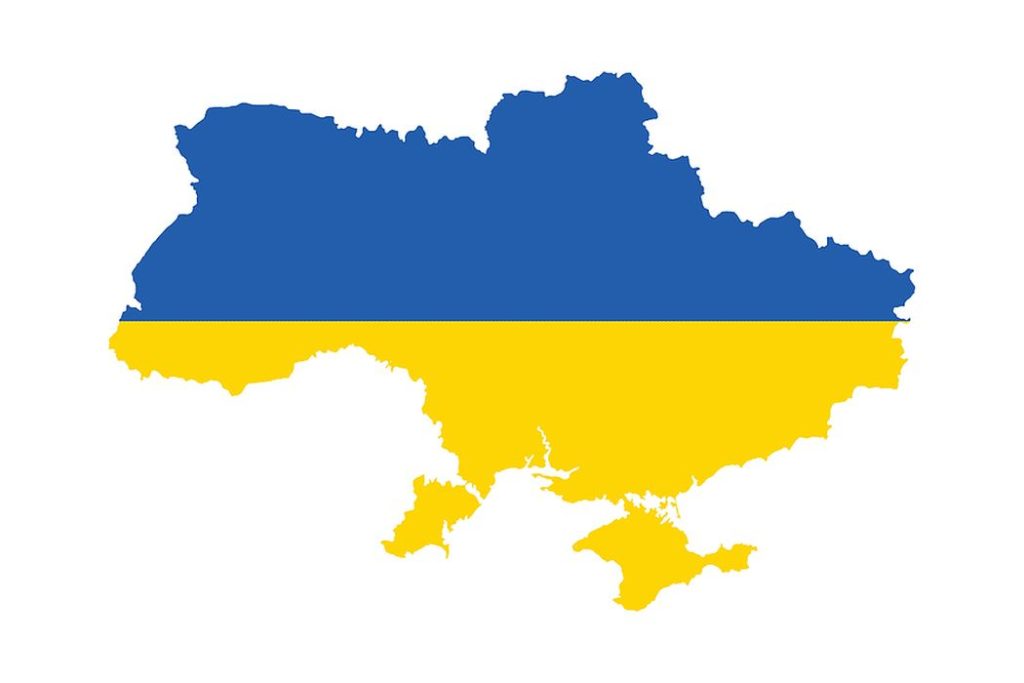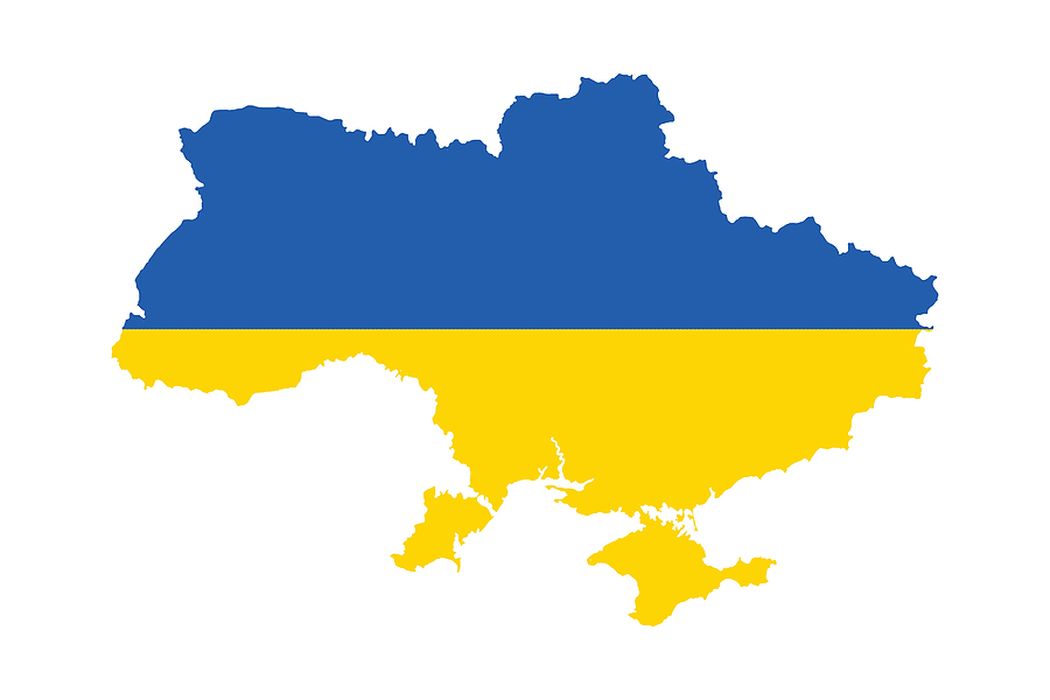
Industry survey covers the brain drain, economics, humanitarian efforts and more.
The engineering community has reacted swiftly to Russia’s invasion of Ukraine and the associated regime of sanctions, in part by suspending or cancelling business, adjusting to labor and supply-chain difficulties and organizing humanitarian aid for civilians caught in the conflict.
Those are the key findings of an informal survey of major engineering and engineering-related companies conducted in mid-April by engineering.com. Of the 40-plus companies contacted, many declined to comment. However, a dozen answered a set list of questions, provided brief statements or pointed us to public statements which addressed many of our concerns. Their responses reveal not only their immediate reaction to the war in Ukraine, but also their estimates of the conflict’s long-term impacts on themselves and the engineering world at large.
Supply Chains, Talent Resources and Big Money are Affected
Based on the responses, engineering companies throughout the world are suspending or cancelling business operations in Russia. PTC, for instance, said it is discontinuing its business in Russia. “We condemn the invasion of Ukraine and we do not wish to be a party to it in any way.”
The PLM company noted that unfortunately, cutting ties to Russia isn’t as easy as flipping a switch. For areas affected by sanctions, things can shut down quickly. However, some organizations are forced to wait out the terms of a few contracts to avoid legal issues.
A few respondents noted that the business they had in Russia before the war was minor, or non-existent. “We don’t have a team in Russia or Ukraine, so we have not had a direct impact,” said a 3D software developer to engineering.com. “We also had just a couple of customers in Russia. We’ve terminated our agreements with them, which probably represented about $75K—so a very modest revenue impact.”
But not all the companies engineering.com follows had such a modest investment in the region. In a press release, Hexagon explained that in response to freezing its operations in Russia and the acquisition of ETQ, it “will take a one-off charge of approximately 63 million Euro ($68 million) which will impact the first quarter 2022.” To that point, a handful of companies that contacted engineering.com—all of which are heavy hitters in their respective specialties—were not sharing the specifics about their size of business in the area.
Perhaps the organizations hit most by the war are those that rely on resources exported by Russia. The war has shortened supply chains previously restricted by COVID-19 and last year’s blockage of the Suez Canal. As a result, organizations had to pivot quickly—usually at a high cost. One additive manufacturing company said to engineering.com, “Russia is a world leader in raw materials like copper, aluminum, nickel, platinum and palladium. These are all materials that directly affect our business operations… not only are costs rising, but longer lead times strain production.”
But it is not just a lack of goods affecting businesses. Though Nexa3D has not been directly affected, Avi Reichental, its co-founder, chairman and CEO said, “many companies rely on software talent from Ukraine. In some instances, availability of resources and continuity of work was impacted.”
Engineering Companies Can Help Ukraine
A significant portion of the companies surveyed have started assisting employees who have family in the impacted areas. Over half a dozen have implemented some form of humanitarian effort by directly donating, promoting money drives or matching donations with employees.
PTC said to engineering.com that “the focus right now should be on supporting the Ukrainian people.” For its part, PTC has donated a million dollars to various efforts.
Nexa3D referred to a GoFundMe page to support the family of Kuba Graczyk, head of Business SLS at Nexa3D, whose inn is hosting refugees.
In a press release, Dassault Systèmes hints to more hands-on humanitarian efforts, saying, “Since the invasion began, our primary concern has been the safety of our colleagues and their families in areas impacted by the war. This remains our absolute priority. Dassault Systèmes has taken measures to support members of our teams who have family members in Ukraine, who must temporarily relocate, or who have any concerns related to this crisis.”
Video-game maker Epic Games, which is better known by many engineers for its 3D graphics engine, raised $144 million from its gaming community for various aid organizations.
Will Engineering Business Return to Ukraine?
According to the survey responses, no one is ready to predict on the war’s potential long-term impacts. That makes it difficult to gauge whether foreign engineering resources will be there for the rebuilding effort.
“I think going forward, companies will see it as highly risky to have development teams in Russia,” said the 3D software developer. “There is also an understandable instinct to support Ukraine, so once the conflict is over, I would expect to see more investment in putting developers in Ukraine—unless companies feel the risk of renewed conflict remains.”
In other words, even though there is a will to support Ukraine, it could take time before some engineering companies regain the confidence to return operations there. This delay could have significant effects on an already devastated people and economy.
One additive manufacturing company said it to engineering.com this way: “Ukraine has always been seen as an excellent, highly-skilled source for offshoring and outsourcing talent. Now, we believe, some companies will place an extra layer of scrutiny before setting up extended supply chains in the region. The geopolitical risk is a real factor for companies to consider now.”
In the meantime, engineering efforts within Ukraine that have continued—where possible—have pivoted. The products they once produced are changing up for wartime priorities.
“In many cases, this has included producing arms for those under attack,” said Reichental. “In other cases, costumers based in Ukraine have shifted from making clothing for actors to making tents and clothes for those forced from their homes.”
He added, “the benefits of digital manufacturing processes, like 3D printing, have proven beneficial to being able to pivot operations. The adaptability of toolless manufacturing processes lends them the ability to pivot quickly and produce those resources most needed.”
Read more at ENGINEERING.com

